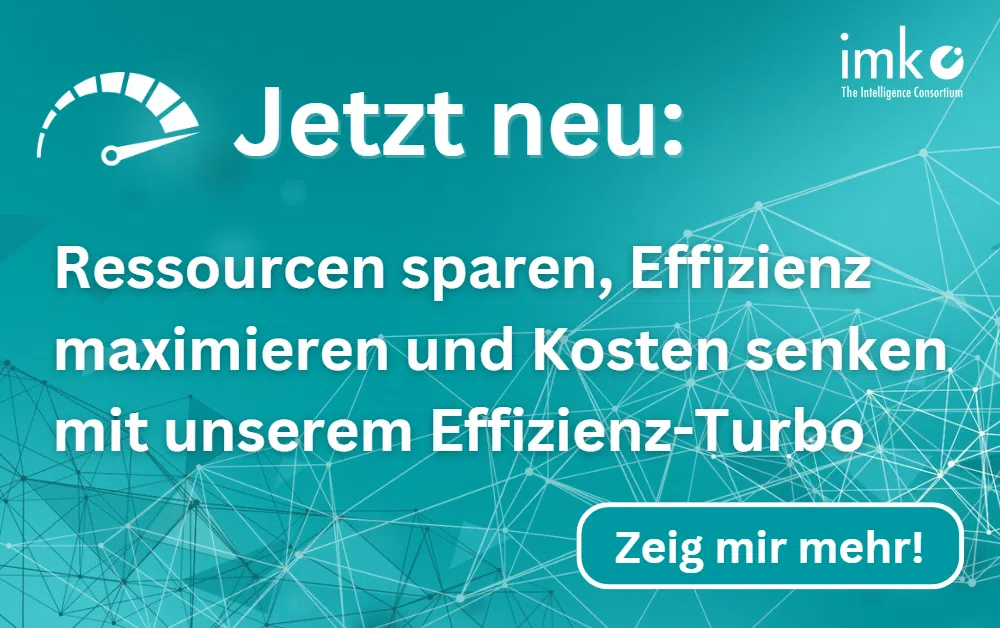Overview
Develop robotic technologies to improve human comfort and confidence in automation in hybrid human-robot manufacturing environments.
Grantor:
European Commission, Call H2020-ICT-2019-2/2019-2023
Funding code:
871237
Term:
01.12.2019 - 31.05.2024

Project content
Collaborative robotics has established itself as an elementary design tool for adaptable and flexible production structures. It contributes to the sustainable improvement of the competitiveness of companies, to the reorientation of production and to economic growth. However, the potential of collaborative technologies in direct cooperation with humans remains largely untapped even today.
The research project "SOPHIA" aims at creating a new interaction concept for socially cooperative human-robot systems. Thereby, the consideration takes place on a social level (e.g. geometric reasoning and situation awareness; knowledge models for mixed human-robot teams; natural and multimodal dialog; and human-aware task planning) as well as on a physical level (e.g. sharing of physical loads).
In order to create socially cooperative human-robot systems that contribute significantly to socio-economic sustainability or agile production, there is a need to significantly advance the state of the art in terms of:
- the quantitative assessment and anticipation of human psycho-physical states during work (development of modular sensory systems and estimation algorithms for the assessment of human factors and performance rendered),
- artificial cognition for socially cooperative human-robot interaction,
- Robotic assistants based on adaptive hardware and modular software solutions to continuously interact with humans while meeting the flexibility requirements and ergonomics of the human partner in manufacturing scenarios where modern collaborative robots have not yet provided effective solutions.

The task of imk automotive GmbH in the project is the ergonomic evaluation of the application scenarios to be implemented. Furthermore, we contribute our diverse practical experience in the ergonomic and value-adding design of manufacturing assistance systems and coordinate the project activities for the dissemination and exploitation of the research results.


